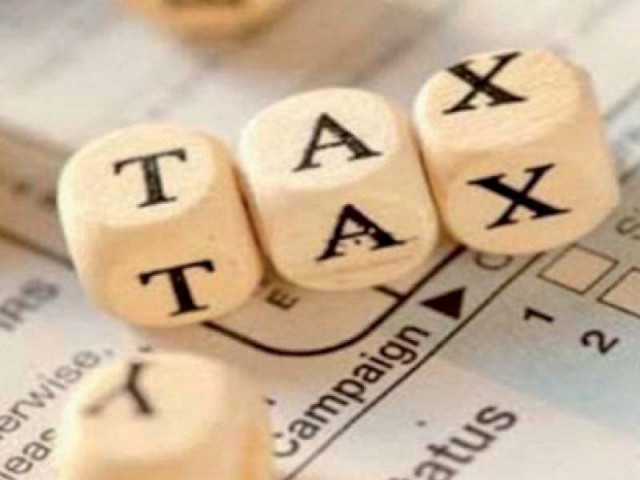Body set up to plug Rs5.6tr tax gap
Govt gives tax reforms body two weeks to come up with recommendations

The interim government on Wednesday set up yet another task force for tax reforms, as an internal assessment revealed that half of the recently identified tax gap of Rs5.6 trillion was because of weak compliance and poor enforcement of policies.
The government has notified the new task force despite the fact that similar work has already been done by the Reforms and Revenue Mobilisation Commission (RRMC). The commission has submitted its report to the authorities months ago, which remains unimplemented.
Interim Finance Minister Dr Shamshad Akhtar would be the chairperson of the task force that has been given two weeks to come up with recommendations.
Members of the task force include Dr Manzoor Ahmad, Dr Musharraf R Cyan – who has already been engaged by the government as a consultant, Amanullah Amer and Aamir Ijaz Khan.
Chief of the Army Staff General Asim Munir had asked for setting up the task force.
Other members include Khalid Mahmood, Mehmood Khalid and FBR Chairman Malik Amjed Zubair Tiwana. Ardsher Saleem Tariq, the FBR Member, will act as the secretary of the task force, who was also the secretary of RRMC.
The task force has been instructed to propose an implementation plan for separating revenue collection and tax policy. Former prime minister Imran Khan-led cabinet had decided in 2018 to separate the tax policy from the FBR but the decision was never implemented.
An internal report of the FBR revealed that compared to the tax collection of Rs7.2 trillion in the last fiscal year, there was a gap of Rs5.6 trillion. This means the FBR should have collected Rs12.8 trillion.
Importantly, the half of the recently identified gap, or Rs2.8 trillion, was because of weak compliance and recovering the sum would not require any additional revenue measures.
A tax gap of Rs3 trillion is projected on account of low sales tax collection but Rs1.3 trillion is because of weak compliance, according to the government papers.
Similarly, a Rs1.7-trillion tax gap is projected on account of income tax and a whopping Rs1.2 trillion is because of weak compliance. The tax gap on account of customs duty and excise duty is estimated at Rs800 billion and the impact of weak compliance is just Rs200 billion.
Plugging these loopholes require a strong political will and smart administrative skills instead of setting up one after another commission and task force.
The government has mandated the task force to review the FBR’s tax collection data, its performance indicators and reporting mechanisms, and identify the areas of revenue performance and potential.
It has been assigned to review the FBR’s access to the internal and third-party data and its use in tax administration and to seek proposals from relevant agencies on use of further data for enhancing collection efficiencies and lowering compliance and administrative costs.
According to the terms of reference, the task force will carry out a review of the ongoing tax reforms, their alignment with national policies and objectives, and assess implementation progress. It will examine tax evasion, smuggling, corrupt practices and other leakages and shortcomings, and propose concrete counter-measures.
The task force will identify critical structural reforms for tax administration, human resources requirement, how to redress taxpayer grievance mechanisms, incentive alignment for tax collection, facilitation and compliance patterns.
It will recommend a way forward for efficient tax collection, examine collection mechanisms for sales tax and income tax, assess import goods and online tax system, including the study of system audit reports, for proposing measures to plug loopholes.
The task force will examine tax expenditures of the government and propose a mechanism for cost-benefit analysis of any proposal for tax exemption. The interim finance minister has already recommended the immediate withdrawal of Rs1.3 trillion in tax exemptions.
The task force will make recommendations for the use of information technology to maximise tax compliance and enforcement, broaden tax base and ensure transparency and accountability.
Published in The Express Tribune, September 28th, 2023.
Like Business on Facebook, follow @TribuneBiz on Twitter to stay informed and join in the conversation.



















COMMENTS
Comments are moderated and generally will be posted if they are on-topic and not abusive.
For more information, please see our Comments FAQ